The challenge of controlling mosquito populations in outdoor spaces has led to a renewed interest in natural repellents. Among the most effective are certain plants known for their ability to deter these pesky insects. These plants not only offer a chemical-free way to reduce mosquito encounters but also enhance the beauty of gardens and outdoor living areas. This article explores several such plants, each with unique properties that make them unwelcome to mosquitoes. From the soothing fragrance of lavender to the intense aroma of peppermint, these botanical solutions promise a dual benefit: a visually appealing garden and a reduction in mosquito activity.
Contents
Lavender
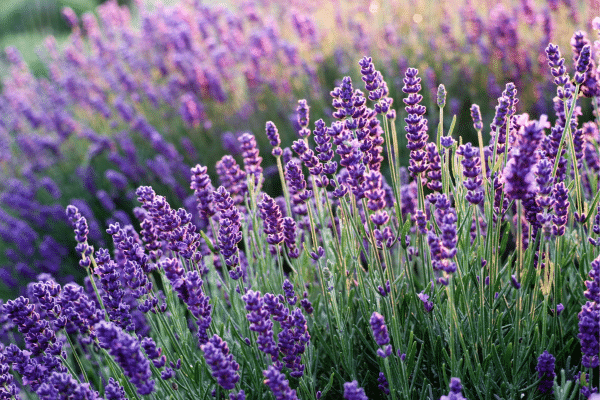
Lavender, with its distinctive fragrance, serves as a natural mosquito repellent that is both effective and aesthetically pleasing. The plant’s essential oils, particularly linalool and camphor, are highly unattractive to mosquitoes, making it an excellent choice for gardeners looking to keep these pests at bay. Lavender thrives in sunny, well-drained locations and can be used in various forms, including live plants around seating areas and dried lavender in wardrobes or around windows.
Aside from its mosquito-repelling qualities, lavender offers additional benefits, including its use in aromatherapy to reduce stress and promote relaxation. Its versatility extends to the kitchen, where it adds a floral note to dishes and drinks. By integrating lavender into landscapes or patios, one can enjoy its multifaceted advantages, from enhancing garden aesthetics to naturally deterring mosquitoes.
Peppermint
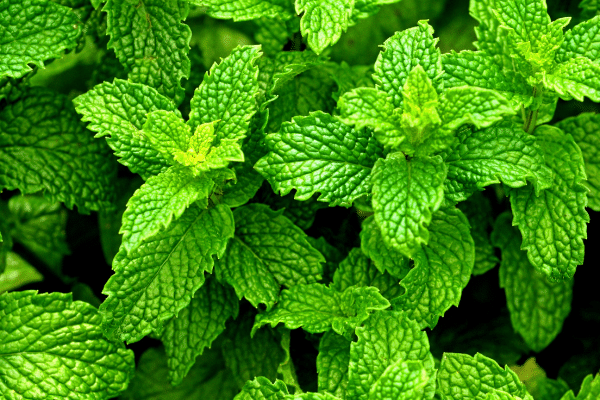
Peppermint is another plant renowned for its ability to repel mosquitoes, thanks to its potent scent and the presence of menthol, an active compound that mosquitoes find particularly off-putting. This makes peppermint a valuable ally in the quest to maintain mosquito-free zones around homes and gardens. Easy to grow, peppermint requires minimal care and can be planted in pots or garden beds, where it spreads rapidly.
The benefits of peppermint extend beyond its repellent properties. It is also known for its medicinal qualities, including soothing digestive issues and relieving headaches. The plant’s leaves can be used fresh or dried, adding a refreshing flavor to teas, desserts, and even homemade mosquito repellent sprays. By incorporating peppermint into the garden, one not only deters mosquitoes but also gains a versatile herb for culinary and medicinal uses.
Citronella
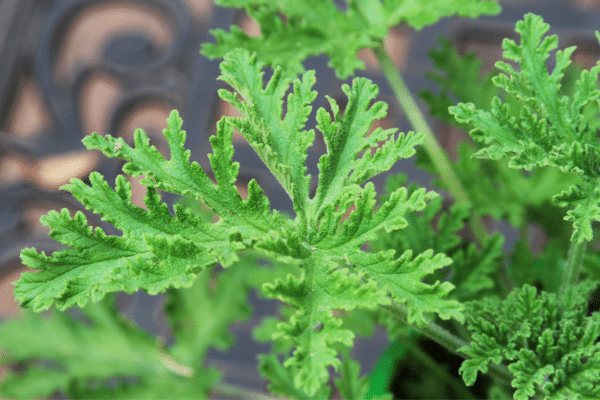
Citronella is synonymous with mosquito repellent, often featured in candles and torches designed to keep these insects at a distance. The plant’s strong scent masks other attractants, making it difficult for mosquitoes to locate their targets. Citronella grass is easy to grow and does well in large planters or directly in the ground in areas with warm climates, providing both decorative and practical benefits.
In addition to its use in mosquito repellency, citronella can be part of a broader strategy to create a pleasant and inviting outdoor environment. Its tall, grassy appearance adds texture and greenery to garden spaces, and when planted in strategic locations, it forms a natural barrier against mosquitoes. Through careful planning and cultivation, citronella can enhance outdoor living areas while significantly reducing the presence of mosquitoes.
Lemon Balm
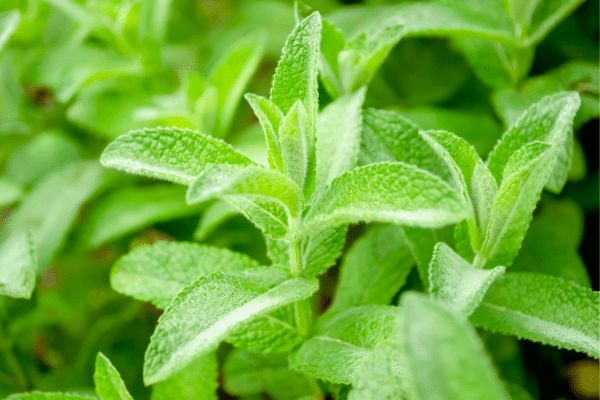
Lemon balm, a member of the mint family, is celebrated for its lemon-scented leaves that possess mosquito-repelling properties. This plant contains high levels of citronellal, a compound similar to that found in citronella, which is effective at keeping mosquitoes away. Lemon balm can be grown in gardens or containers and prefers well-drained soil and partial shade. It’s particularly useful for creating a protective barrier around seating areas or pathways, ensuring a reduction in mosquito encounters.
Beyond its mosquito-repelling capabilities, lemon balm is known for its calming effects, often used in herbal teas to reduce anxiety and promote sleep. The leaves can be harvested for culinary uses, adding a citrusy flavor to dishes and beverages. Gardeners appreciate lemon balm for its ease of cultivation and the pleasant aroma it adds to the garden. Incorporating lemon balm into landscaping not only deters mosquitoes but also enhances the garden’s sensory appeal.
Basil
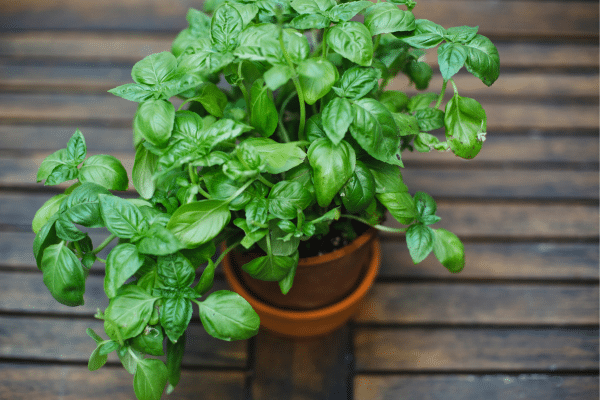
Basil stands out not only for its culinary applications but also for its efficacy in repelling mosquitoes. This herb emits a strong scent and contains essential oils that are unappealing to mosquitoes. Basil thrives in warm, sunny conditions and can be easily integrated into garden beds or containers, making it a practical addition to any outdoor space. Its presence near dining areas or kitchen windows can help deter mosquitoes, creating a more enjoyable outdoor living environment.
The versatility of basil extends to the kitchen, where it enhances the flavor of a wide range of dishes. Additionally, basil’s essential oils have been studied for their antibacterial and anti-inflammatory properties, offering health benefits beyond mosquito repellency. By planting basil, one not only gains a natural mosquito deterrent but also adds a valuable culinary herb to the garden, contributing to both the beauty and functionality of outdoor spaces.
Geraniums
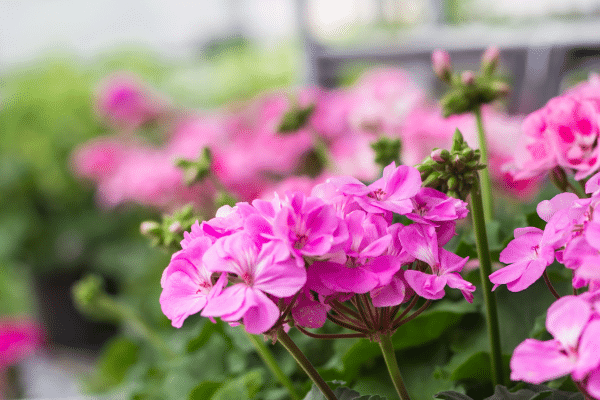
Scented geraniums, particularly those with a citronella-like fragrance, are effective at repelling mosquitoes. These plants produce a strong aroma that mosquitoes find undesirable, making them excellent companions for outdoor seating areas, windows, and doorways. Geraniums prefer sunny locations and well-drained soil, fitting seamlessly into flower beds, hanging baskets, or containers. Their colorful blooms add aesthetic value to gardens while serving a practical purpose in mosquito control.
Geraniums require minimal maintenance, making them suitable for gardeners of all skill levels. The plants’ ability to repel mosquitoes, combined with their decorative appeal, contributes to a pleasant and pest-free outdoor environment. By strategically placing scented geraniums around outdoor living areas, one can enjoy the dual benefits of beauty and effective mosquito deterrence.
The Bottom Line
In the quest for a mosquito-free outdoor environment, the integration of specific plants offers a natural and effective solution. Lavender, peppermint, citronella, lemon balm, basil, and geraniums each bring unique properties that mosquitoes find repellent, while also providing aesthetic and aromatic benefits to gardens and outdoor spaces. Cultivating these plants allows for a chemical-free approach to mosquito control, enhancing the quality of outdoor living. By choosing to incorporate these natural repellents, one can create a healthier, more inviting outdoor space that is both beautiful and free of mosquitoes.


